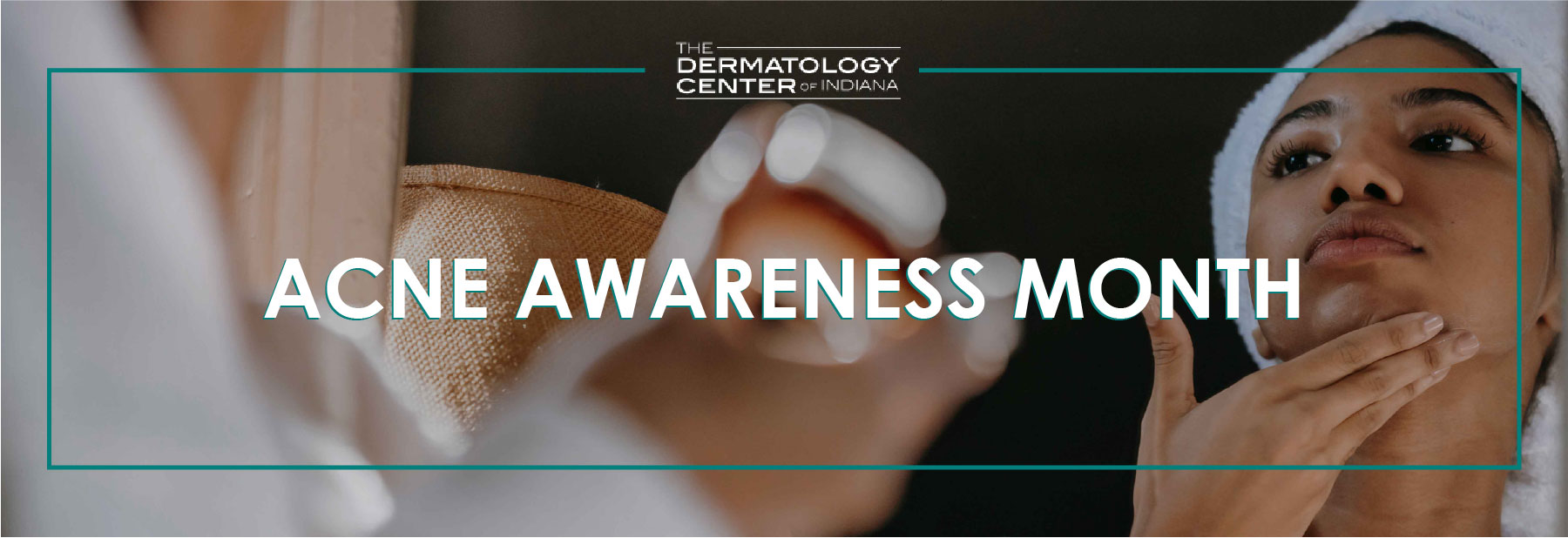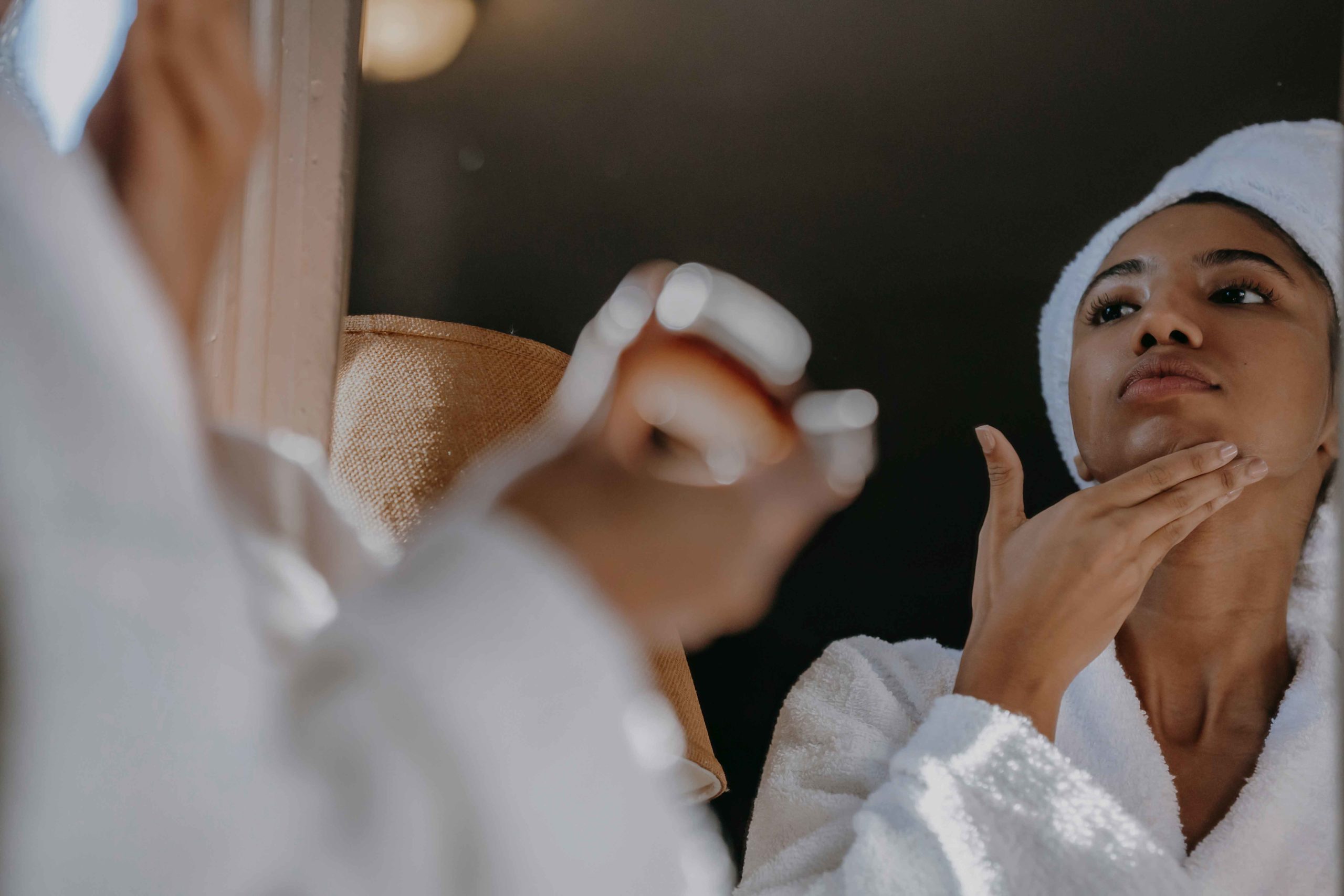
Acne is an all-too-common skin condition that no one wants to deal with. From nodules to cysts and everything in between, acne can be damaging to a patient’s self esteem and confidence.
There are several different types of acne, and unfortunately none of them have a one-size-fits-all cure. However, advances in treating acne have come a long way in the past several decades and there are an array of prescriptions and over-the-counter treatments you can try to minimize acne’s effects.
Ultimately, acne is caused when hair follicles get blocked and oil builds up under the skin, but treating acne is more nuanced than that. In order to know where to start your treatment regimen, you need to know what type of acne you have. Below, we’ve identified three acne triggers and effective ways to treat them.
Hormonal Acne The most common cause of hormonal acne is a rise in androgen levels. Androgen, a hormone that occurs in both men and women, causes the oil glands underneath the skin to grow, according to Medical News Today. Androgen tends to rise around puberty, but in some people continues well into their 20s and 30s. People with higher androgen levels produce more sebum, and that sebum can cause the pore’s cellular walls to break down, allowing bacteria to grow.
For women with this type of hormonal acne, the prescription medication Spironolactone may reduce breakouts. Oral birth control can also level out hormones around your menstruation period, preventing acne. Pairing one or both of these prescriptions with a medical-grade retinoid like Tretinoin is a winning combination that reduces acne and even prevents wrinkles if used long-term.
For men, the options are a bit more limited. Tretinoin can be used by men. Another prescription path to consider is Accutane. While side effects can be severe in some cases, it is safe to use for most patients, and many see a dramatic or complete reduction in acne after one or two cycles of Accutane.
If Accutane is not an option for you, select antibiotics can be used to treat hormonal acne in the short term. Consult with your dermatologist to discover the best options for your unique case of acne.
Stress Acne We all experience stress from time-to-time. Stress has many affects on the body, including headaches, insomnia, heartburn, high blood pressure, and of course, the occasional pimple.
If your acne is triggered by stress and is sporadic, you can treat spots with over-the-counter remedies such as benzoyl peroxide or salicylic acid. These are the common ingredients in high-end and drugstore remedies that help dry up the pimple and promote cell turnover.
Stress acne can also be mitigated by, well… reducing stress! Meditation, yoga and exercise are all proven to reduce stress, so take care of your mental health to reduce this type of acne.
External Factors Fancy cosmetics will not always make you look your best. Excessive ingredients, overpowering fragrance and comedogenic oils in skincare and makeup can block pores, causing acne.
When first starting an anti-acne skincare regimen, your dermatologist may suggest stripping your skincare routine down to the bare necessities — cleanser, moisturizer and SPF. These products should be noncomedogenic and fragrance-free to reduce the number of problem ingredients. Common brand suggestions include Cetaphil and CeraVe, but ask your dermatologist for skincare recommendations that top their list.
Additional external factors may be a lack of regular washing, touching your face too often and possibly diet. While the science is out on how diet affects acne, foods rich in antioxidants and vitamins reduce inflammation, a known acne trigger, according to Healthline. Following an anti-inflammatory diet may be effective for some acne sufferers, but consult with your general practitioner and dermatologist before starting any dramatic diet changes.
As you just learned, acne can be cause by a variety of factors and no treatment is one size fits all. The Dermatology Center of Indiana is here is help you find the best treatment plan, individualized for you. Schedule an appointment today!
